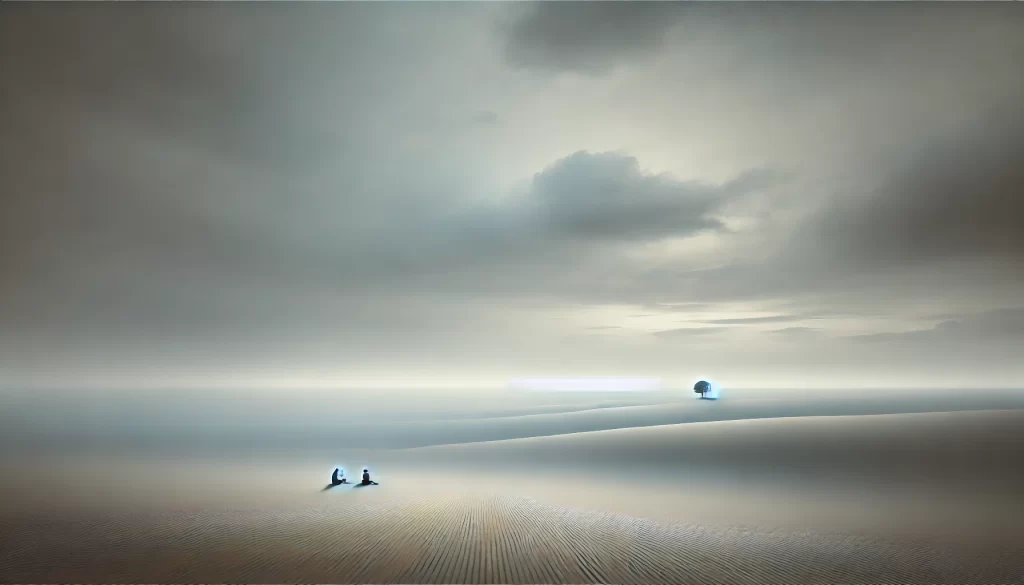
“The problem isn’t boredom itself. The problem is our inability to deal with boredom. In a world overloaded with information and distractions, boredom can be a form of rebellion—and a gateway to creativity.”
— Yuval Noah Harari
Yuval Noah Harari’s words cut through the relentless hum of our overstimulated world, exposing an inconvenient truth: our obsession with excitement is eroding our capacity for depth, curiosity, and reflection. His insight sparked my reflection on how society has turned boredom into a villain and excitement into a fleeting idol.
Excitement has become our default aspiration. Every “exciting opportunity” or “exciting challenge” we pursue subtly reinforces the idea that excitement equals happiness. But this endless quest for stimulation comes at a cost. We’ve turned to shortcuts – one-minute videos, accelerated audiobooks, brief meetings designed for efficiency but devoid of depth. These quick fixes promise engagement yet deliver detachment, leaving our curiosity impoverished.
Consumerism thrives on this very hunger for constant stimulation. It doesn’t just sell us products; it sells the promise of instant fun. Streaming platforms, social media feeds, and endless shopping cater to our discomfort with stillness, creating a cycle of dependency. We don’t just avoid boredom; we actively fear it. Yet, in rejecting boredom, we lose its greatest gift: the opportunity to pause, reflect, and create.
Boredom is not the absence of activity; it is the presence of possibility. In the quiet spaces that boredom creates, the mind wanders. Sometimes it meanders; other times, it sparks. History is filled with breakthroughs – scientific, artistic, and philosophical – that arose not in moments of excitement but in the stillness of contemplation.
Yet we’ve become a society addicted to shortcuts. Why wrestle with complexity when a quick summary will suffice? Why savor the depth of a book when we can double the speed of its audiobook version? Why sit with our thoughts when a swipe through social media offers instant distraction? These habits don’t just change what we consume; they shape how we think, flattening our ability to engage deeply with the world or with ourselves.
Reclaiming boredom is not about rejecting excitement but rediscovering balance. It means resisting the pull of constant stimulation and learning to sit with the discomfort of stillness. It’s about embracing the unremarkable moments as spaces for curiosity to flourish. True growth doesn’t come from chasing excitement but from cultivating the patience to linger in the mundane.
Imagine a society that sees boredom not as a burden but as a gift. A world where the absence of stimulation is an invitation to reflect, create, and explore. Where life is not a sequence of shallow thrills but a rich tapestry of quiet and meaningful experiences. Such a shift requires effort – an intentional decision to value the stillness as much as the spark, to see boredom as fertile ground rather than empty space.
As Harari suggests, boredom can be an act of rebellion – a refusal to surrender our attention to those who profit from our restlessness. In boredom, we reclaim the time, thoughts, and curiosity that are often stolen by distraction. And in that reclamation, we may find that boredom isn’t the absence of life but its foundation, the soil in which a more profound existence takes root.
It’s time to stop fearing boredom and start welcoming it. In the moments where nothing happens, everything becomes possible.